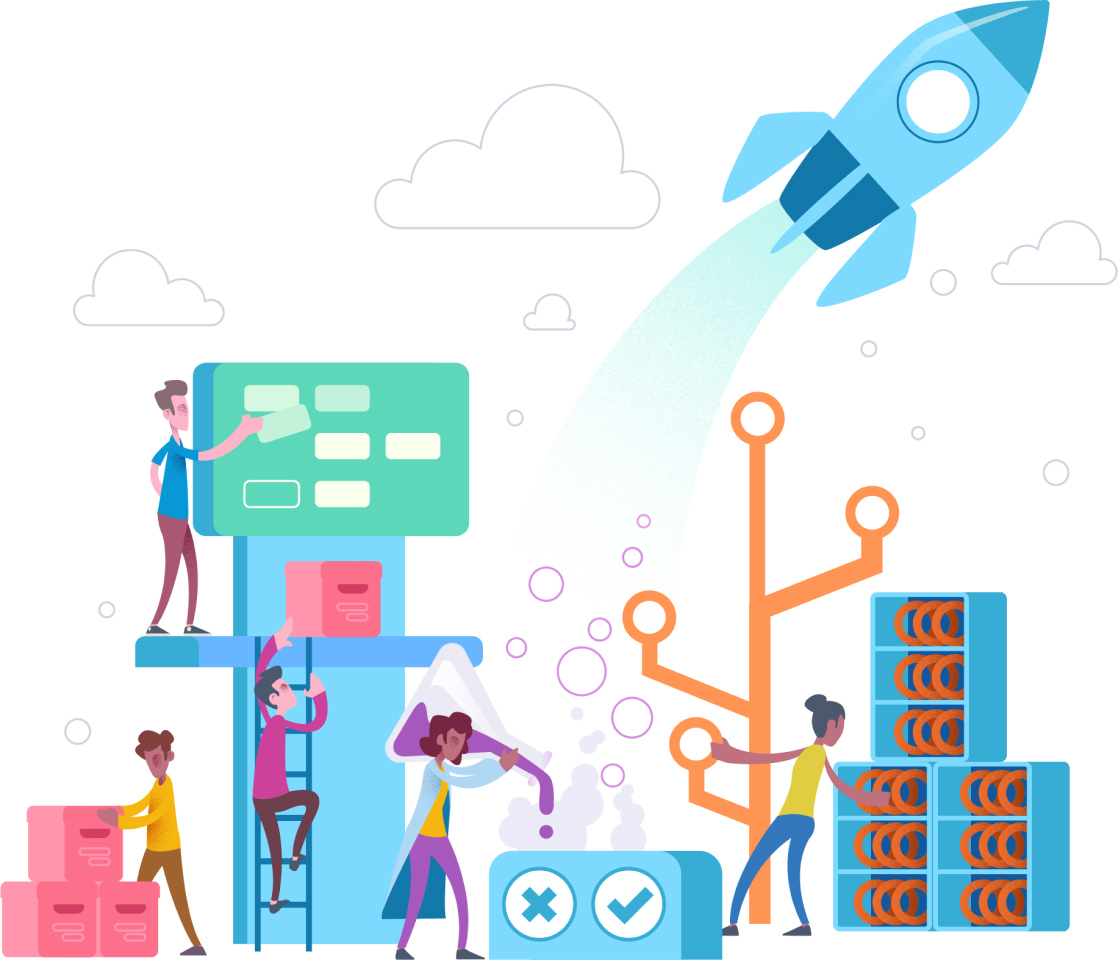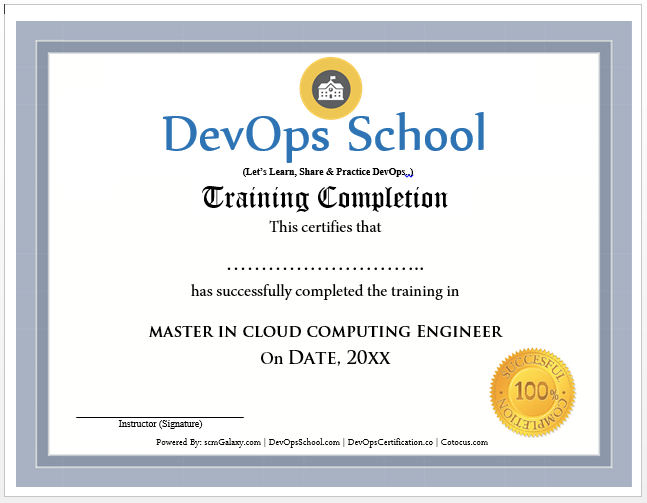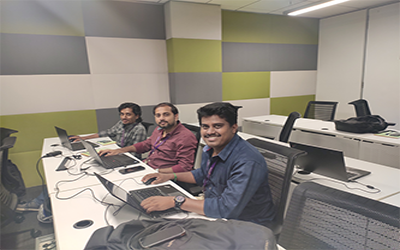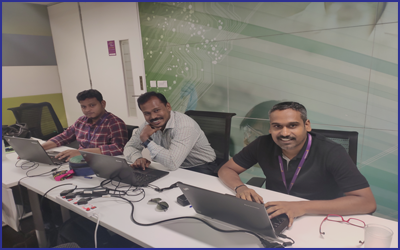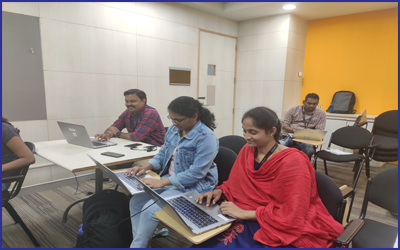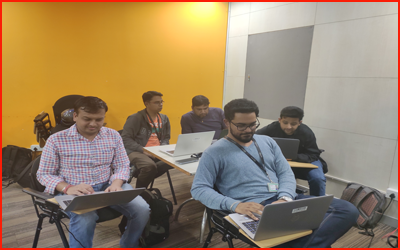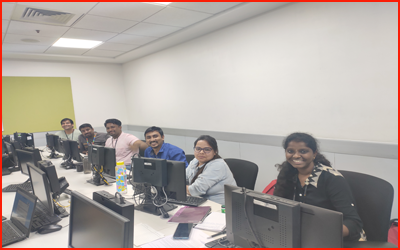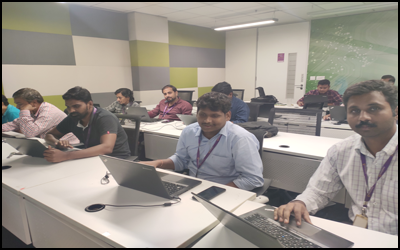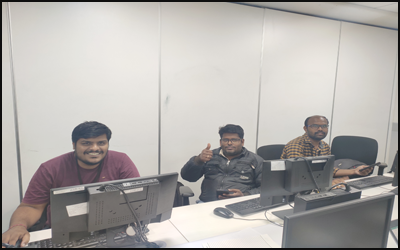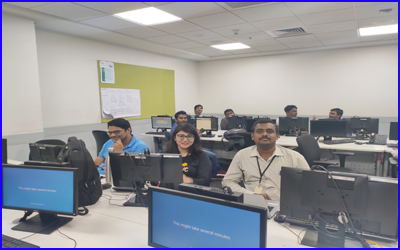8000+
Certified Learners
15+
Years Avg. faculty experience
40+
Happy Clients
4.5/5.0
Average class rating
ABOUT MASTER IN CLOUD COMPUTING
This "MASTER IN CLOUD COMPUTING" Program is the only course in the WORLD that can make you an expert and proficient in Cloud Computing Platform. Our curriculum has been determined by comprehensive research on 10000+ job descriptions across the globe and epitome of 200+ years of industry experience.
DevOpsSchool is one of the top institutes for Master Cloud Computing Course Online and classroom training program by experts in Hyderabad and Bangalore. This is the only course in the WORLD that can make you an expert and proficient in Cloud Computing Platform. Our curriculum has been determined by comprehensive research on 10000+ job descriptions across the globe and epitome of 200+ years of industry experience.
